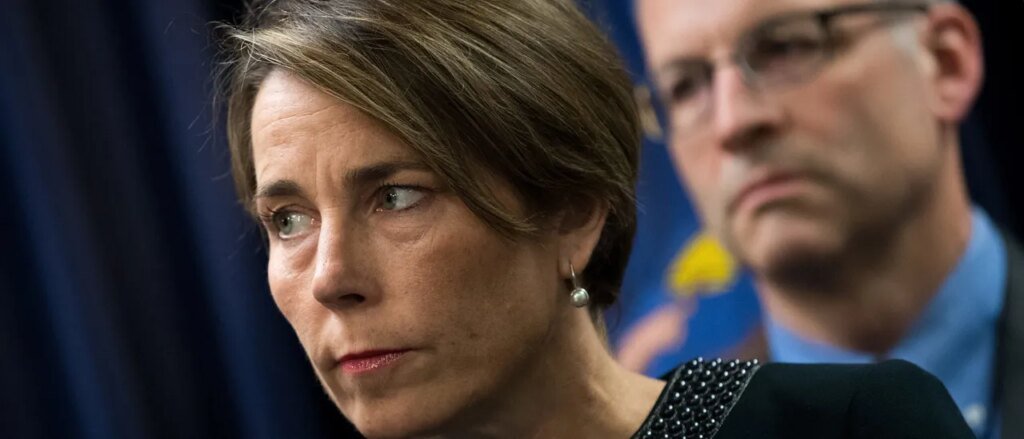Massachusetts Unveils $46 Million EV Infrastructure Plan
On Tuesday, Massachusetts Governor Maura Healy announced a $46 million initiative aimed at enhancing electric vehicle (EV) infrastructure, a step towards meeting the state’s climate objectives funded mainly by fee payers through soaring energy bills.
The Massachusetts Department of Environmental Protection (MassDEP) revealed this announcement alongside the Electric Vehicle Infrastructure Coordination Council (EVICC), which aims to bolster EV charging infrastructure by fiscal year 2027. There are ambitious goals in place, including a target of one million EVs on the road by 2030, contributing to a broader aim of achieving net-zero emissions by 2050.
“Massachusetts is leading the nation in EV charging deployment and ranks first in charger density,” remarked Healy’s office. However, EVICC’s report indicates that the number of chargers available must be significantly increased to meet the growing demand from EV users and adhere to federal climate mandates.
State officials emphasized the critical need for more public EV charging stations to fulfill the 2030 requirements. The initiative allocates $16 million for infrastructure in workplaces and public areas, and $30 million specifically for chargers intended for medium and heavy-duty vehicles.
This funding primarily comes from a climate protection trust established in 2018, which MassDEP states is ultimately financed by fee payers. Healy’s office reassured that there will be no additional charges for taxpayers in connection with this plan.
Historically, Massachusetts has invested in various costly green energy projects, which may have contributed to rising energy costs. Some climate groups have pushed back on the situation, arguing that the state’s management of utility costs is compounded by rising prices.
The report emphasizes that setting clear priorities and strategies for developing the EV charging network is key to effectively using public funding, regardless of fluctuating federal policies or market dynamics.
Additionally, this approach aligns with the environmental justice goals advocated by the previous Biden administration, which sought to ensure equitable access to EV charging infrastructure, particularly for communities with limited access in the past.
Rebecca Tepper, Massachusetts Director of Energy and Environment, expressed optimism about the initiative’s benefits for residents. “As more people in Massachusetts opt for electric vehicles, we’re helping make it easier for everyone. These cars are not just enjoyable to drive but usually cost less to maintain compared to traditional gas or diesel vehicles,” she noted.
Even with ambitious EV targets still in play in several blue states, including Massachusetts, the Biden administration’s recent actions, such as a Congressional resolution aimed at phasing out the national EV mandate signed by former President Trump, introduce some uncertainty into the future of these initiatives.
In June, Healy’s office also launched a plan aimed at reducing energy costs for customers, reinforcing the administration’s commitment to easing the economic impact of transitioning to greener energy solutions.







